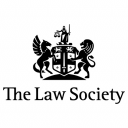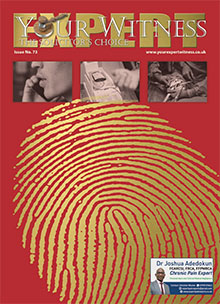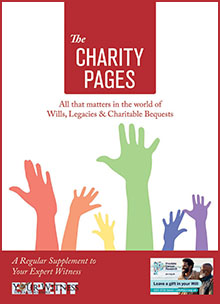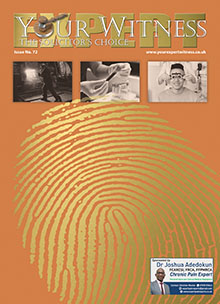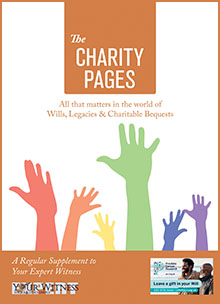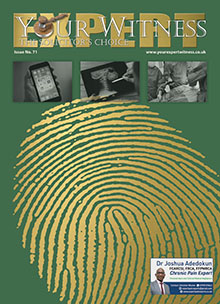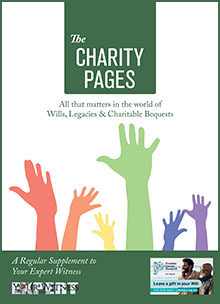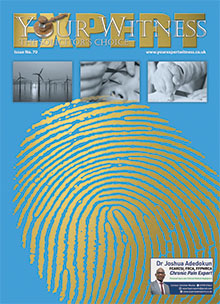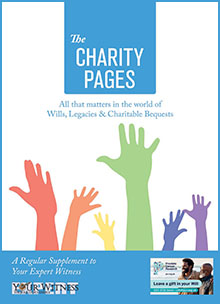Money laundering offences arise under Part 7 of the Proceeds of Crime Act 2002 (POCA). The legislation is thus relatively new, although earlier offences arose in relation to drug offences. While a comparatively new law in the UK, some of the forensic accounting methods used in investigations go back much further.
I have over the years worked on several hundred large divorce cases, including a number making double page-spreads or the front pages of national newspapers. The forensic accounting techniques, therefore, go back several decades before POCA.
Convictions for money laundering under sections 327 and 328 introduce what are known as lifestyle assumptions under section 142, schedule 2, of POCA. However, phrases such as ‘lifestyle assumptions’ hark back many decades to enquiries by the Inland Revenue (now HMRC). Where the Inland Revenue had suspicions or tip-offs of tax evasion, the ‘capital statement’ was the financial expression of the investigative technique followed.
Essentially the capital statement required the taxpayer to establish the legitimate sources of funds they had used to accumulate wealth. Where wealth measured in houses, cash, boats, foreign villas etc could not be explained from legitimate income, inheritance, winnings or other sources, then a presumption of tax evasion might sometimes be made.
Going back many decades, accountants were used to producing such analyses looking at legitimate income, lifestyle expenses and what was left for savings and investments.
Giving an expert view on whether funds are legitimate or not is clearly assisted by experience on large divorce cases. In a divorce neither individual has necessarily done anything wrong as regards funds accumulated; simply there can be significant limitations to the human memory when you start to go back more than two or three years.
A couple that has only bought one house in the past 20 years may well remember the exact price and the spending on major improvements. A couple that own several properties and have bought and sold often may struggle to remember as much – even with records to prompt them.



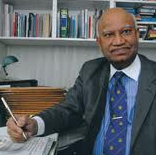 “Speculate before you accumulate. I am a long term regular writer and advertiser in 'Your Expert Witness - the Solicitor’s Choice'. This investment pays me substantive dividends; I get more Expert Witness work with every issue. Not only solicitors and barristers but also judges seem to read it. It is a win-win situation. Success breeds success; I must continue to write and advertise.”
“Speculate before you accumulate. I am a long term regular writer and advertiser in 'Your Expert Witness - the Solicitor’s Choice'. This investment pays me substantive dividends; I get more Expert Witness work with every issue. Not only solicitors and barristers but also judges seem to read it. It is a win-win situation. Success breeds success; I must continue to write and advertise.”









